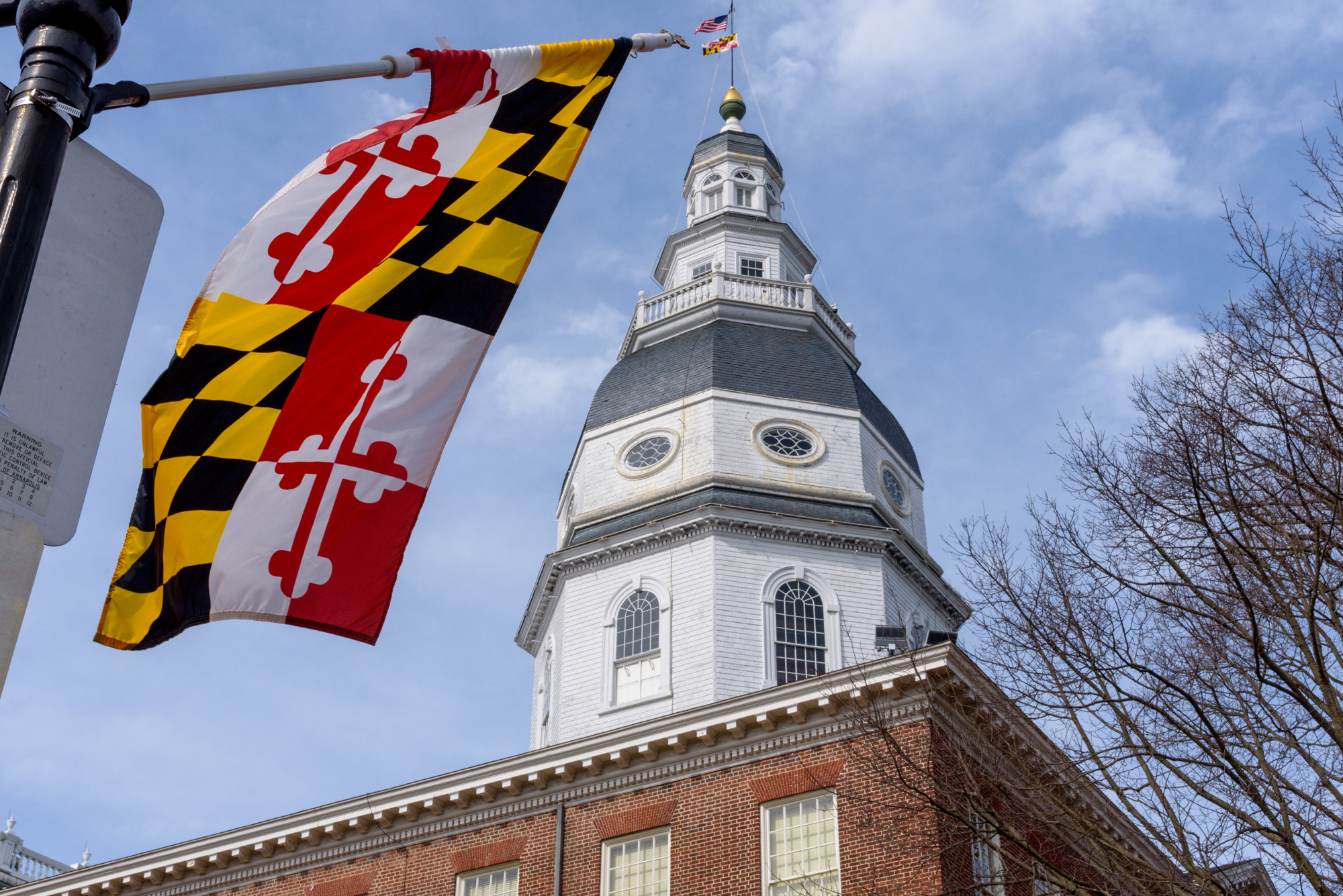Views expressed in opinion columns are the author’s own.
Sarah Palin called it “cockamamie.” Tom Cotton called it a “scam.”
But really, it might be one of Maryland’s best chances to ensure a more representative government.
I’m referring to ranked-choice voting, the popularity of which has grown considerably across state legislatures this year. Under this system, voters rank candidates by preference, and if no candidate receives more than 50 percent of first-choice votes, the last-placed candidate is eliminated. If a voter’s top-ranked candidate is eliminated, their vote will go to their second-ranked candidate. The process repeats until one candidate has a majority.
It might be no surprise that far-right politicians like Palin and Cotton despise this fair, democratic measure, but it is a surprise that purportedly liberal politicians in Maryland don’t support it either, shown by them avoiding heeding calls to at least test out the system.
But if we claim to be a progressive state, then that must change — and our less-than-democratic system with it.
Maryland operates under a first-past-the-post system for its federal elections. This means the leading vote-getter wins the election, even if they don’t garner a majority. For most state-level contests, Maryland also uses this system.
What traditional single-winner plurality systems ignore is an opportunity to make representatives reflect the will of the people in a much more robust way.
Voters may be wary of voting for a primary candidate they think won’t be successful in a subsequent general election. But under a more equitable ranked-choice system, they might be more inclined to vote how they truly feel.
If we use ranked-choice voting, victorious candidates emerge from elections with a stronger mandate — not only did they win first-choice votes, but they also received quantifiable second-place support. We end up with a representative who might not be our first pick, but someone we at least moderately like.
The benefits go beyond the ‘more representative’ argument. Voters are also more likely to vote — in Minneapolis, introduction of ranked-choice voting directly led to a 9.6 percent increase in turnout for mayoral elections. One study found youth turnout also increases.
In New York, the system would save taxpayers millions, and in Virginia, it led to more positive campaigning.
Ranked-choice voting seems undoubtedly more democratic, turning out more voters and decreasing negative campaigning. So why doesn’t Maryland employ the system?
We’re a pretty blue state, both historically and currently. Democrats swept the big statewide seats last November — seven of eight members in the Maryland congressional delegation count themselves as members of the Democratic Party, and two count themselves as members of the Congressional Progressive Caucus.
With a Democratic supermajority in the state legislature, influential statewide seats tied up and a vice-like grip on federal representation, nothing should be holding this state back from passing meaningful democracy reform.
Montgomery County has tried to institute ranked-choice voting for years, with delegates introducing legislation in both 2019 and 2023. But the General Assembly must grant permission for local jurisdictions to do so, and in the end, both bills died in committee.
The root of Maryland lawmakers’ hesitancy on the issue is unknown, but if it has to do with being afraid to deviate from the status quo, they are doing Marylanders a disservice.
Democrats in Washington, D.C., sued to keep ranked-choice off ballots and justified their action through non-arguments, including that it might confuse minority voters. Minority voters were actually more likely to fully rank their ballots in the San Francisco ranked-choice election. Republicans in other states like Montana are also prohibiting the practice, calling it “complicated.”
These arguments aren’t particularly rational. In reality, they are moves made by people in power to shore up power. And when Maryland ignores ranked-choice voting bills year after year, it commits the same act.
The real reason many politicians decry ranked-choice is because it means that they might have to change their ways and learn how to be electable under a different system. They might have to change campaign tactics, compete with candidates in a more positive way and learn a new playbook.
But challenging pre-existing systems of power is what it means to be liberal.
So if Maryland is as progressive as it says it is, they’ll allow local jurisdictions the chance to at least test ranked-choice.
Tara Davoodi is a sophomore government and politics major. She can be reached at tdavoodi@terpmail.umd.edu.



